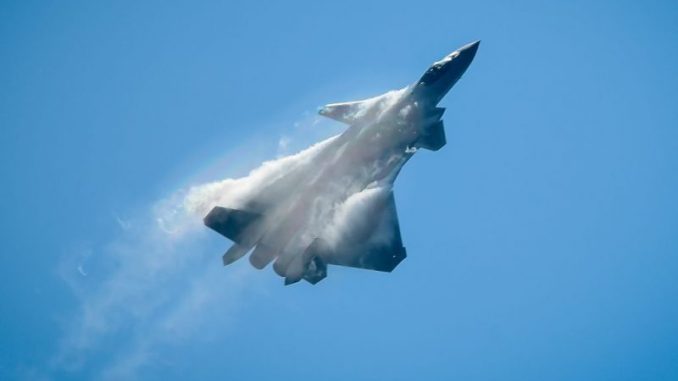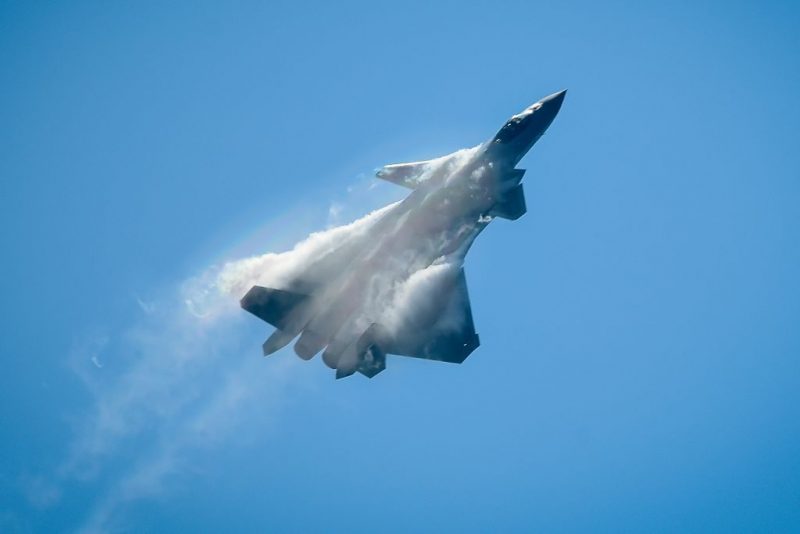

OAN Deven Berryhill
UPDATED 1:00 PM PT – Thursday, March 9, 2023
Secretary of Defense for Policy James Anderson has claimed that China stole military secrets in developing its 5th generation J-20 fighter jet.
Anderson and other lawmakers have made a case that not enough is being done to protect classified military secrets.
“What we know is that because of the espionage efforts, [China’s] J-20 is more advanced than it otherwise would be, and that’s the important point here,” Anderson told Fox News Digital in a recent interview.
Comparisons between the United States and Chinese military technology came into the limelight on Thursday due to tensions regarding the Chinese spy balloon debacle, China’s backing of Russia’s war in Ukraine, and concerns over Taiwan’s sovereignty.
“They have profited greatly from their thievery over the years,” Anderson said. “They’ve put it to good use, and they’ve come up with an advanced fifth-generation fighter.”
In 2015, the Associated Press ran a story about similarities between J-20 and U.S. fighter jets stating, “some of its technology, it turns out, may well have come from the U.S. itself.”
Some academics have blamed China’s need to copy American technology and intellectual property to “philosophical differences.”
“You can even look in the history of China with an overall culture of things that have provided a betterment for society versus a worry about it,” said James Hess, professor at the School of Security and Global Studies at American Public University System (APUS). “That lack of enforcement is probably more reflective of a culture… there’s certainly a cultural aspect to this.”
A 2014 Harvard Business Review article titled “The Communist Party requires a representative in every company with more than 50 employees,” called out China’s Communist regime as un-inventive for its “controlling” practices and lack of creativity.
“But even if the government were to disband party cells and instead redouble its efforts to encourage breakthrough innovation, there remains an even stronger disincentive: the economic realities of the markets in which Chinese companies operate,” wrote Regina M. Abrami, William C. Kirby, and Warren McFarlan. “Why go to the trouble to pioneer innovative offerings when the rewards and growth prospects for incremental improvements are so vast, both at home and abroad?”
Anderson also argued that economic incentives for China were greatly outweighed by any regards for intellectual copyright.
“It saves the Chinese time and money. In effect, we end up subsidizing a portion of their research and development budget because they are successfully stealing some of our secrets,” Anderson said. “Ultimately, this puts our men and women at greater risk on the battlefield.”
Anderson concluded that it is difficult to determine how the J-20 matches up against the U.S. F-22 Raptor unless “actual combat” was to take place between the two.

